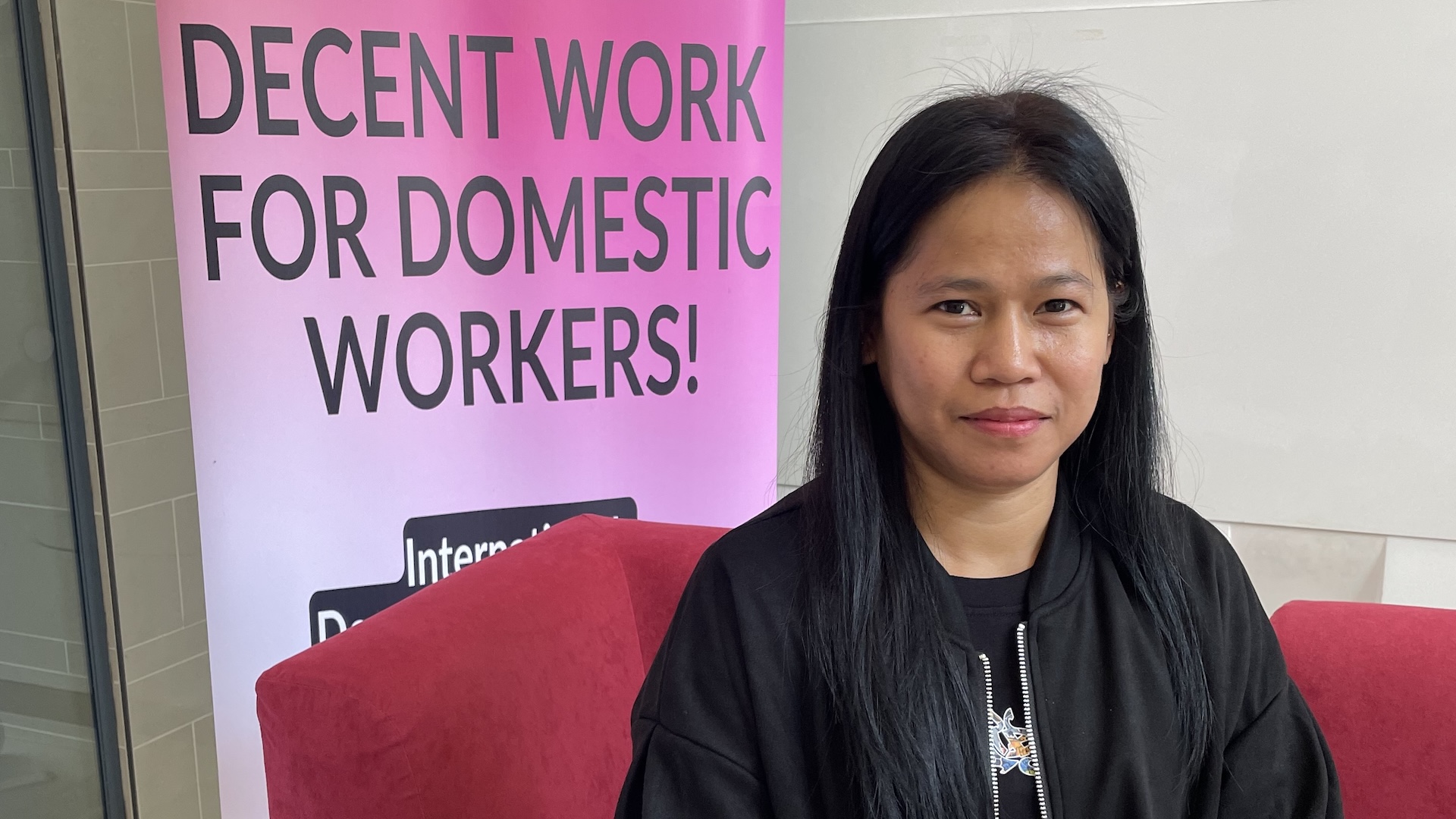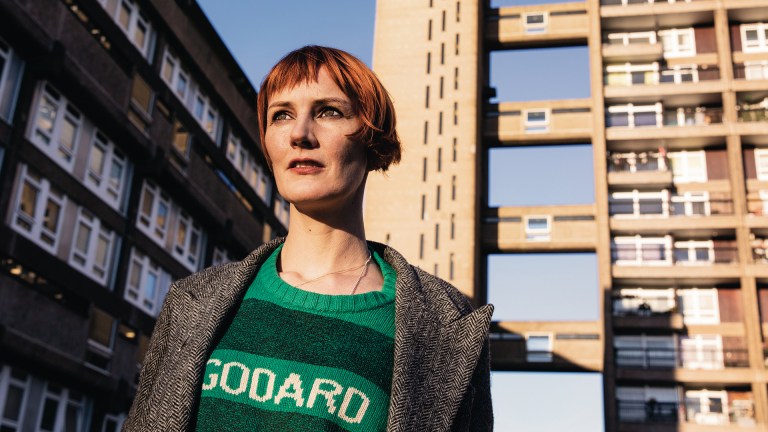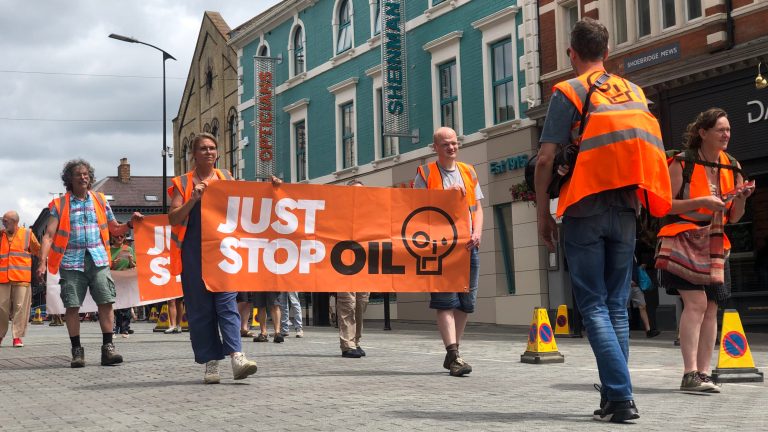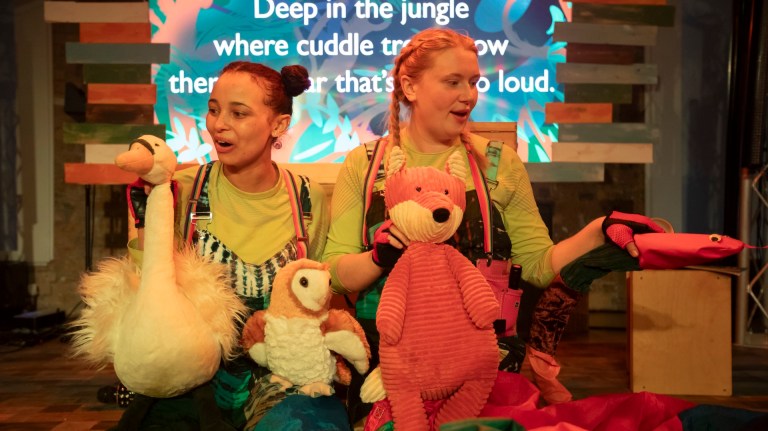My name is Rosemarie. I’m 38 years old. I am a migrant domestic worker and the breadwinner of my family. My father worked hard to give us everything to survive daily life. He worked as a carpenter, working in a house that we dreamed of one day having. I finished high school and looked for work to help my parents financially, but sadly my salary was not enough.
I worked as a seamstress in a garment factory back in the Philippines. As my parents got older and needed regular medication, I decided to work abroad in the hopes of giving them a better future and lifting our lives out of poverty.
In June 2016, I received a message from an employment agency, they had arranged a job as a domestic worker for me in Qatar, and I needed to pack my things immediately to leave. Over my final meal with my parents, I told them that I would be leaving tomorrow, and that I wouldn’t see them for two years. They were shocked, and hugged me tightly, telling me to take care and keep safe.
- I was abused, bullied and left in limbo as a migrant domestic worker. I’m proud of myself for surviving
- The hostile environment has failed. We need a new deal for migrant domestic workers
- I was trafficked and forced to work 23 hours a day. How was I meant to return to normality?
When I arrived at my first employer’s house, I felt empty and lonely. But my determination to give my parents a better future and support them in their older age gave me strength. Not everything that I told my family on the phone while I was abroad was true. I smiled, I laughed at the jokes we shared, and I made a lot of effort to show them that I was happy, but deep inside, I was broken and lost. My first employer didn’t give me my proper salary that was indicated in my contract. I worked long hours, with no days off. I requested an increase in my salary but my employer refused. After three months, I asked them to bring me back to my agency in Qatar.
With my second employer, I looked after a child. At first, my employers were nice but after a while, they started screaming, calling me different names like animals, shouting and pointing out that I took their things. The child started to be moody, and there were times when he would hit me with any toys that he was holding. My employer would laugh and shout, saying: “Let my child hit you.”
My employer brought me here to the UK for a vacation in 2017. The two weeks that we stayed here were a nightmare. One night, I watched a clip of Filipino life in the UK, and I saw a name: Marissa Begonia, who is the founder of the Voice of Domestic Workers – a campaign and support charity advocating for the rights of migrant domestic workers. I found the organisation via social media, and with their help, I escaped from my employer. I was free, I could breathe, I felt at peace and released from the cage.










